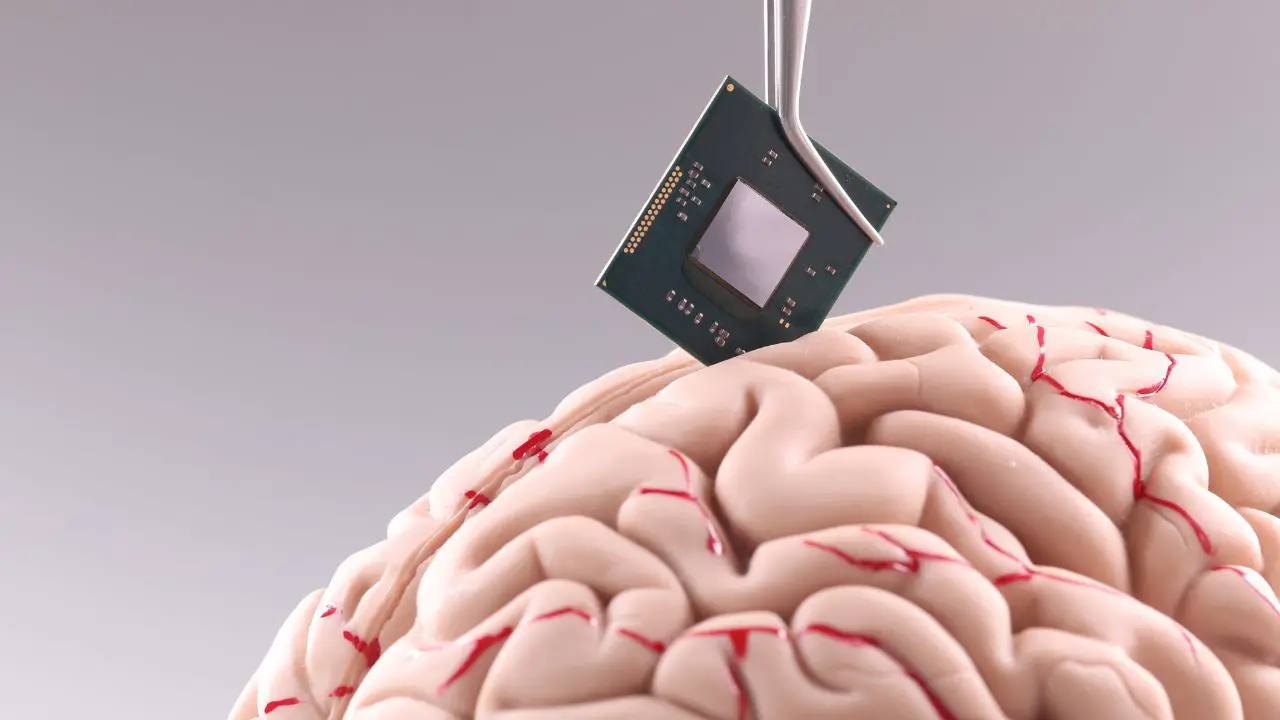Elon Musk’s controversial startup, Neuralink, has achieved a significant milestone by successfully implanting a chip in a human brain for the first time. Musk announced this groundbreaking development on his X platform late Monday. The surgery took place on Sunday, and the patient is reported to be recovering well.
While this announcement marks a momentous step forward for Neuralink’s efforts to bring life-transforming technology into the real world, Musk has provided limited details regarding the scientific significance of this implantation. Neuralink had received approval to study the safety and functionality of its chip implant and surgical tools.
Musk’s statement on his social media platform, X, mentioned promising initial results in neuron spike detection. He also revealed that Neuralink’s first product would be called “Telepathy” and that its initial users would be individuals who have lost the use of their limbs. The goal, as Musk put it, is to enable communication faster than a professional typist or auctioneer, making it an incredible advancement for those with mobility challenges.
Neuralink has been working on brain implants to connect the human brain to a computer for several years. However, the company faced scrutiny after an incident in 2022 when a monkey died during an attempt to play Pong using the implant. This raised concerns about the rush to market and led to a federal investigation.
In May of the previous year, Neuralink received FDA clearance for human clinical trials. The company began recruiting patients with quadriplegia caused by cervical spinal cord injury or amyotrophic lateral sclerosis (ALS). This trial is part of Neuralink’s “PRIME Study,” which stands for “Precise Robotically Implanted Brain-Computer Interface.” It aims to assess the safety of the implant and surgical robot while testing the device’s functionality.
Trial patients will have a chip surgically placed in the brain region responsible for intention to move. This chip, installed by a robot, will record and transmit brain signals to an app. The initial objective is to grant people the ability to control a computer cursor or keyboard solely using their thoughts.
Before Neuralink’s brain implants can reach the broader market, they will need regulatory approval. The FDA has been monitoring brain-computer interface devices, acknowledging the rapid progress in this field.
While Neuralink and Elon Musk have garnered significant attention for their brain-computer interface endeavors, other companies, such as Synchron, have also been working in this space. Synchron became the first company to gain FDA clearance for testing a device in humans in 2021.
Tara Spires-Jones, president of the British Neuroscience Association, emphasized the potential of brain-nervous system interfaces in helping people with neurological disorders in the future. However, she noted that most of these interfaces require invasive neurosurgery and are still in the experimental stages, indicating that it may be many years before they become commonly available.
This development by Neuralink represents a significant step towards merging technology with the human brain and holds promise for individuals with mobility challenges and neurological disorders.
Quick Bites on Neuralink
- Implications for Mobility Challenges: Neuralink’s brain chip implantation could revolutionize communication and control for individuals with mobility challenges, offering the potential to regain independence and improve their quality of life.
- Significance in Brain-Computer Interfaces: This milestone is highly significant in the field of brain-computer interfaces, marking a crucial step towards merging technology with the human brain. It holds the promise of enabling direct brain control of devices, but further research and regulatory approval are needed.
- Regulatory Hurdles: Neuralink faces regulatory hurdles, including FDA approval, before its brain implants can be widely used. These approvals are essential to ensure safety and effectiveness for public use.




